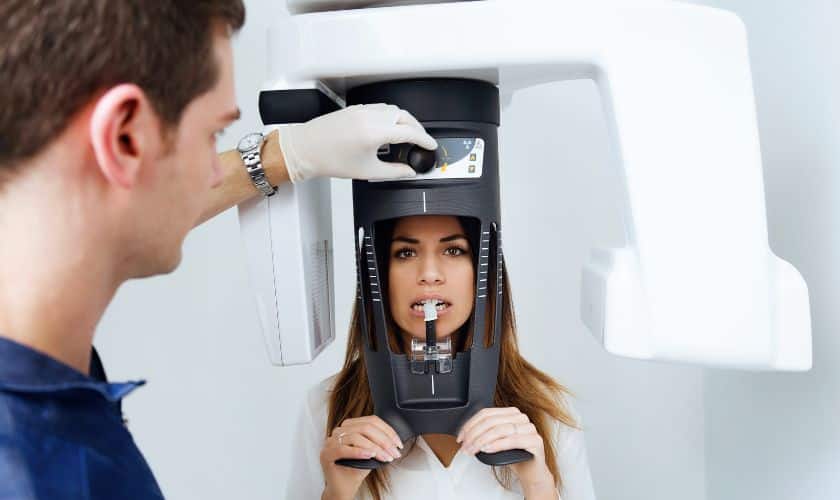
Are Dental X-Rays Safe For Your Health?
If you’ve ever been to a dentist in Glendale, AZ, you’ve probably had dental X-rays taken at some point. Dental X-rays are a common part of routine check-ups and various dental procedures. They provide valuable insights into your oral health by revealing issues that may not be visible to the naked eye, such as cavities, gum disease, or impacted teeth.
However, like any medical procedure involving radiation, the safety of dental X-rays is a concern for many patients. In this blog, we’ll explore the safety of dental X-rays, the benefits they offer, and what you can do to ensure your health while having X-rays taken.
What are Dental X-rays?
Dental X-rays, or radiographs, are a diagnostic tool dentists use to visualize the teeth, bones, and supporting tissues in your mouth. These images help dentists identify problems and conditions that may not be evident during a regular dental examination. Various categories of dental X-rays comprise:
1. Bitewing X-rays: These focus on the upper and lower back teeth and are commonly used to detect cavities and check for proper bite alignment.
2. Periapical X-rays: These provide a detailed view of one or more specific teeth, including the tooth root and surrounding bone.
3. Panoramic X-Rays: These capture an overview of the entire mouth, including the teeth, jaws, and surrounding structures, and are useful for assessing overall oral health and planning orthodontic treatment.
4. Cone Beam CT Scans: These 3D X-rays are used for more complex procedures, such as dental implant placement or orthodontic planning.
Are Dental X-Rays Safe?
The safety of dental X-rays is a common concern, but it’s essential to understand that the radiation exposure from X-rays is relatively low. Modern X-ray equipment and techniques are designed to minimize radiation exposure, making X-ray safe for patients.
The amount of radiation you receive during a dental X-ray is significantly lower than the radiation exposure you encounter in your daily life. For example, the radiation from a dental X-ray is equivalent to the amount of natural background radiation you would experience during a day outdoors. Additionally, dental professionals take precautions to limit exposure, such as using lead aprons and thyroid collars to shield areas of the body that don’t need to be X-rayed.
Moreover, dentists follow the ALARA (As Low As Reasonably Achievable) principle, which means they only recommend X-rays when necessary and try to minimize the number of X-rays taken. The frequency of X-rays depends on your oral health, age, and risk factors. For most patients, having X-rays taken every 1 to 2 years is standard practice.
Benefits of Dental X-Rays
Dental X-rays offer several benefits that contribute to your oral health and well-being:
1. Early Detection: X-rays can reveal problems at their earliest stages, allowing your dentist to address issues before they become more severe or painful.
2. Accurate Diagnosis: X-rays provide a clear view of your teeth and surrounding structures, enabling your dentist to make a precise diagnosis and treatment plan.
3. Monitoring: X-rays help dentists monitor the progression of dental conditions and the effectiveness of treatments over time.
4. Treatment Planning: For procedures like dental implants or orthodontics, X-rays are crucial for proper planning and execution.
5. Prevention: X-rays can detect potential issues that may not be visible during a clinical examination, helping you prevent more extensive problems in the future.
Ensuring Safety During Dental X-Rays
To ensure your safety during X-rays, you can take the following steps:
1. Communication: Discuss any concerns or questions about dental X-ray with your dentist. They can explain the necessity of the X-rays and the precautions in place to minimize radiation exposure.
2. Pregnancy: If you are pregnant or suspect you might be, inform your dentist. They will take extra precautions to minimize radiation exposure or postpone X-rays until after your pregnancy.
3. Lead Aprons: Ensure lead aprons and thyroid collars protect non-X-ray areas during dental procedures.
4. Regular Check-ups: Attend regular dental check-ups to maintain your oral health and address any issues promptly.
X-rays are crucial for oral health, offering essential diagnostic insights to maintain and enhance your well-being. Safety is paramount with minimal radiation and advanced technology, ensuring dental X-rays are secure and efficient for dentists. If you have concerns about dental X-ray or need more information, your trusted dentist in Glendale, AZ, is the best resource for addressing your questions and ensuring your oral health is in good hands.





